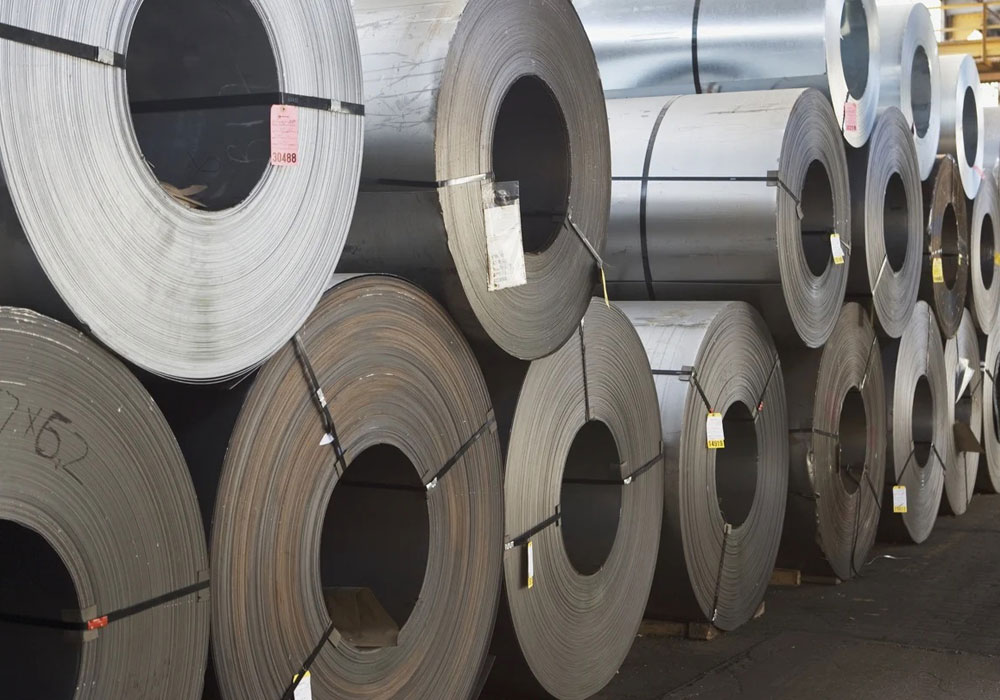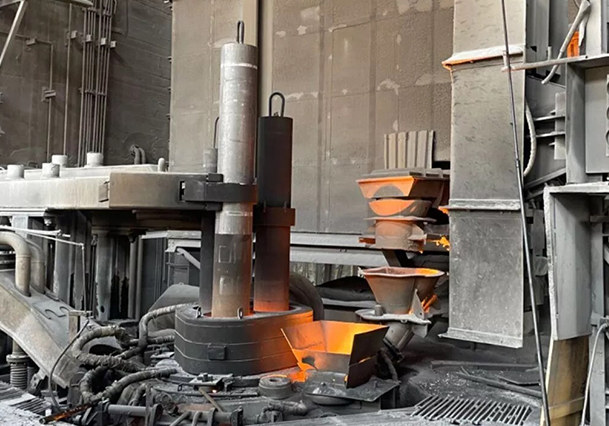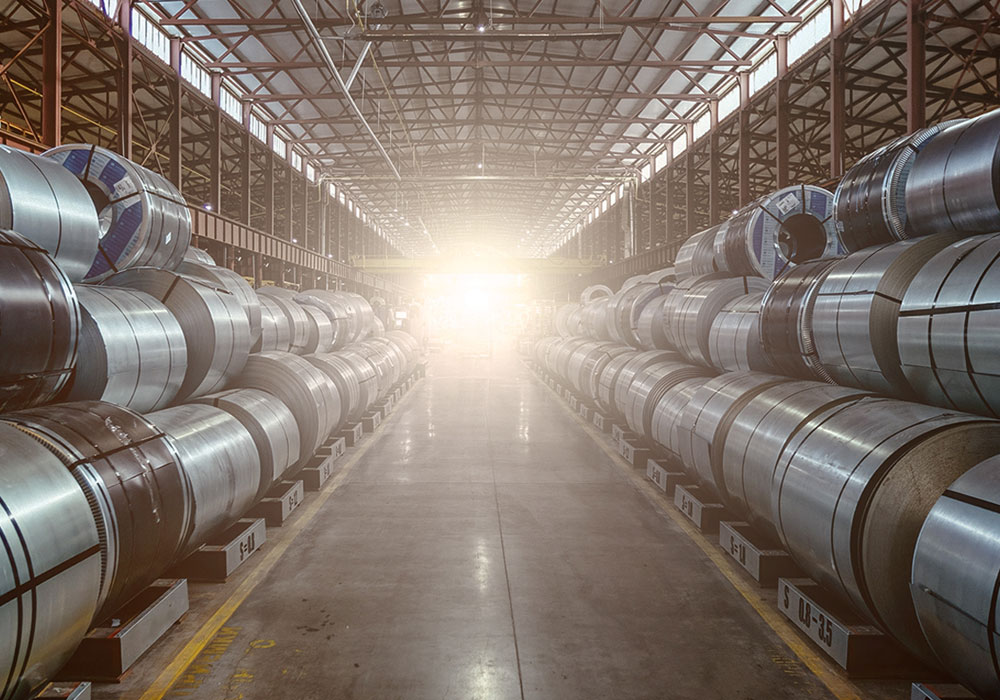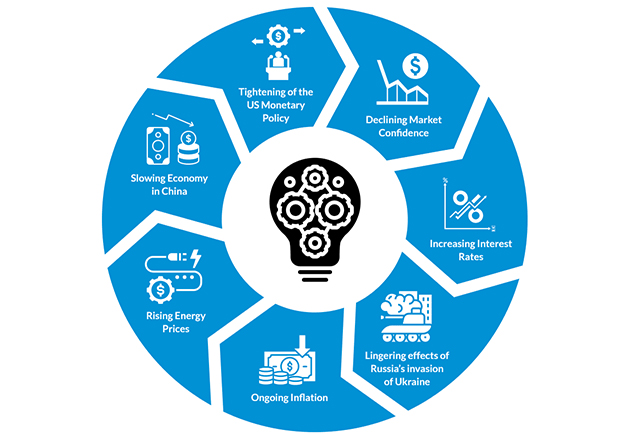

6. Laser-Aided Forming
Modern steelmaking utilizes new technologies in terms of manufacturing, bending, and forming. Laser-aided forming uses high-power laser beams for metal deformation, forming, and precision control. It offers unique capabilities for shaping and forming metal components with high precision over traditional technologies. Laser forming also reduces tooling requirements, improves formability, and allows for complex shape geometries. This technology reduces spring back in formed parts by inducing compressive stresses during the forming process. Further, laser beams enable steel manufacturers to achieve bends, complex contours, and sharp angles with higher accuracy in complex productions.
Applied Impulse advances Impulse Manufacturing for Steelmaking
US-based startup Applied Impulse uses electrical and optical pulsed power for impulse manufacturing in steel factories. It uses laser ablation technology with parasitic ionization to weld thick aluminum sheets to steel parts for improving corrosion resistance. The solution utilizes a vaporizing conductor and electromagnetic induction to pass a high transient current between the sheet and the workpiece. Applied Impulse’s technology offers welding, cutting, shaping, conformal interference joints, and ballistic additive manufacturing to part manufacturers and steel-forming industries.
SG Metals aids Plasma and Laser Melting
SG Metals is a US-based startup that provides thick steel plates, steel shearing, bending, and sawing solutions. It uses an in-house steel precision laser and high-definition plasma cutting technologies for commercial, manufacturing, and industrial applications. With automatic feeds and measuring devices for precision accuracy, the technology enables the manufacturing of structural and coil steel. SG Metals caters to automobile factories, construction sites, and manufacturing plants.
7. Hydrogen-Fueled Steel Production
Traditional steel production relies heavily on fossil fuels, such as coal and natural gas, which emit carbon dioxide (CO2) and contribute to greenhouse gas emissions and climate change. Startups now use hydrogen as a reducing agent in the direct reduction of iron ore to form sponge iron. Further, hydrogen acts as a clean source of heat in EAFs that enables steelmakers to produce green steel. For generating hydrogen, companies use methods like steam methane reforming (SMR), electrolysis, methane pyrolysis, and biomass gasification. This ensures a sustainable and cost-effective supply of hydrogen in steelmaking plants.
Hystar develops Proton Exchange Membrane Electrolysers
Hystar is a Norwegian startup that develops proton exchange membrane (PEM) electrolyzers for green hydrogen production from water electrolysis. It offers Vega, Mira, and Orion, modular and scalable electrolyzer systems that utilize its patented technology. The solution features full containerized systems for rapid deployment of autonomous and independent electrolyzers without any additional constructions. It uses thin membranes, anode air feed, and cathode water feed for efficient operations and higher output. This enables Hystar to deploy green steel solutions to reduce carbon emissions and optimize the cost of the steel manufacturing plant and processes.
ELECTRIC HYDROGEN provides an Integrated Electrolysis Technology
US-based startup ELECTRIC HYDROGEN creates electrolyzer technologies for clean, abundant, and low-cost hydrogen. It leverages renewable energy sources to generate sustainable hydrogen for heavy industries. The startup designs and provides integrated electrolysis plants to improve performance and reduce capital and operating expenditures. Additionally, ELECTRIC HYDROGEN allows plant managers to predict operations and production to reduce project costs and prevent schedule overruns.
8. Carbon Capture
Carbon capture technology enables CO2 emissions capture during steel production. This technology uses pre- or post-combustion capture to collect carbon. The captured CO2 is stored underground for enhanced oil recovery (EOR) or the production of chemicals, polymers, and construction materials. Integrating carbon capture into the steelmaking industry enables plant owners to achieve net-zero emissions, promote DRI-based steelmaking, and fight climate change.
Verde CO2 develops Carbon Capture & Storage (CCS) Solutions
US-based startup Verde CO2 makes carbon capture and storage solutions for carbon reduction in the steelmaking industry. It manufactures CO2 capture equipment to improve carbon capture and storage for a net-zero environment. The startup offers geologic analysis to identify viable sequestration reservoirs for CO2 separation from fossil or biomass-fuelled power plants and industrial facilities. This enables Verde CO2 to transport, store, and use collected carbon as input and feedstock for steel production facilities and industries.
Capture6 enables Irreversible Carbon Capture
US-based startup Capture6 provides permanent and irreversible carbon capture solutions for reducing GHG emissions in the environment. Its solution uses a direct air capture (DAC) approach for carbon removal to increase freshwater supply for agricultural uses. The startup features point source capture for ethanol, fertilizers, steel, and cement manufacturing industries to create longer decarbonization timelines. Capture6 effectively captures and stores carbon for higher geological timescales with its mineralizing process.
9. Predictive Maintenance
By leveraging real-time data and machine learning algorithms, steel manufacturers predict potential failures and schedule maintenance activities proactively. Temperature, vibration, and energy consumption data help systems to monitor deviations and provide actionable insights to plant managers. Real-time monitoring of equipment also detects early signs of deterioration or abnormalities. By continuously analyzing data from sensors, maintenance teams take timely action by identifying deviations from normal operating conditions.
Deep Meta facilitates Metallurgical Defect Prediction
Deep Meta is a UK-based startup that provides a digital twin platform to analyze and predict metallurgical defects in production plants. The startup’s software harnesses historical data to create digital versions of potential defects to optimize production output. It offers real-time insights for warning operators about casting cracks and rolling defects to reduce the wastage and costs of raw materials. Deep Meta tracks and monitors the steel remotely in the supply chain and predicts material behavior and lifecycles for better allocation of resources in modern steel plants.
Bayanatai offers a Defect Detection Algorithm
Bayanatai is a startup from Qatar that develops defect detection algorithms to identify surface defects on steel sheets. It implements AI algorithms to predict the location and type of imperfections in steel manufacturing. The solution leverages machine learning to provide real-time analysis, intelligent solutions, and prediction models to make better strategic decisions in steelmaking plants. Bayanatai caters to the construction, retail, and industrial sector by providing object detection, prediction models, and natural language processing (NLP) solutions. This allows industries to make deliver better customer experiences.
10. Immersive Technologies
AR provides a realistic and interactive training environment for steelworkers. Immersive simulations replicate complex steelmaking processes. They allow employees to practice operating machinery, handling equipment, and performing maintenance tasks in a safe and controlled virtual environment. Additionally, it enables manufacturers to visualize steel products, plant layouts, and equipment designs for engineers to create virtual models and identify potential issues before physical construction.
Eterio Realities enables AR-assisted Steel Production
Canadian startup Eterio Realities creates integrated AR production software tools for first-line workers to improve production cycles. It offers FabStation-Steel, an AR solution that visually places 3D assets into workflows for construction and inspection workers. Its AR-based steel production tools for fabrication floors allow for real-time reporting and data exchange. By doing so, Eterio Realities provides status updates as well as time and material tracking to improve production performance in steel plants.
Warp VR provides VR-enabled Workforce Training
Warp VR is a Dutch startup that creates VR workforce training solutions to upskill the workforce and improve performance. It utilizes a story-based immersive learning approach to train the workforce and improve completion rates and retention. The solution works on multiple devices and supports learning management system (LMS) integrations, single sign-on (SSO), and multiple languages. This way, Warp VR empowers instructor-led, on-the-job, and online training remotely, fostering employee skill development and bolstering their confidence.



